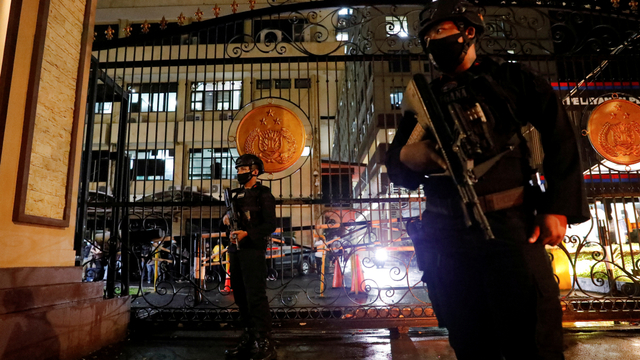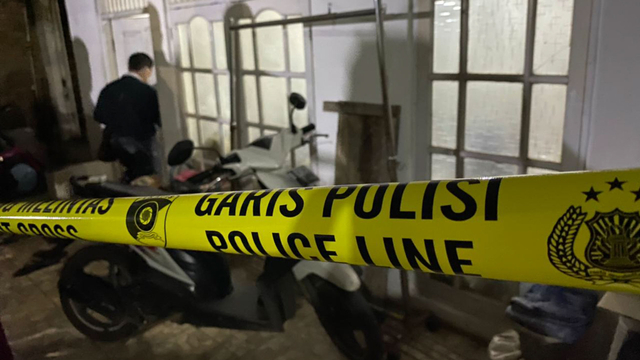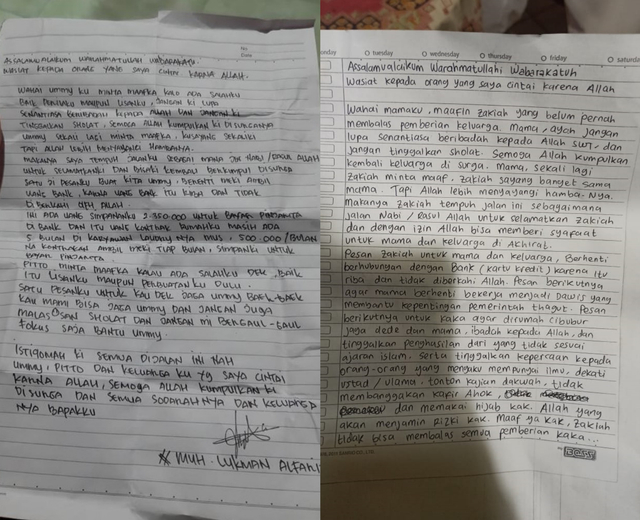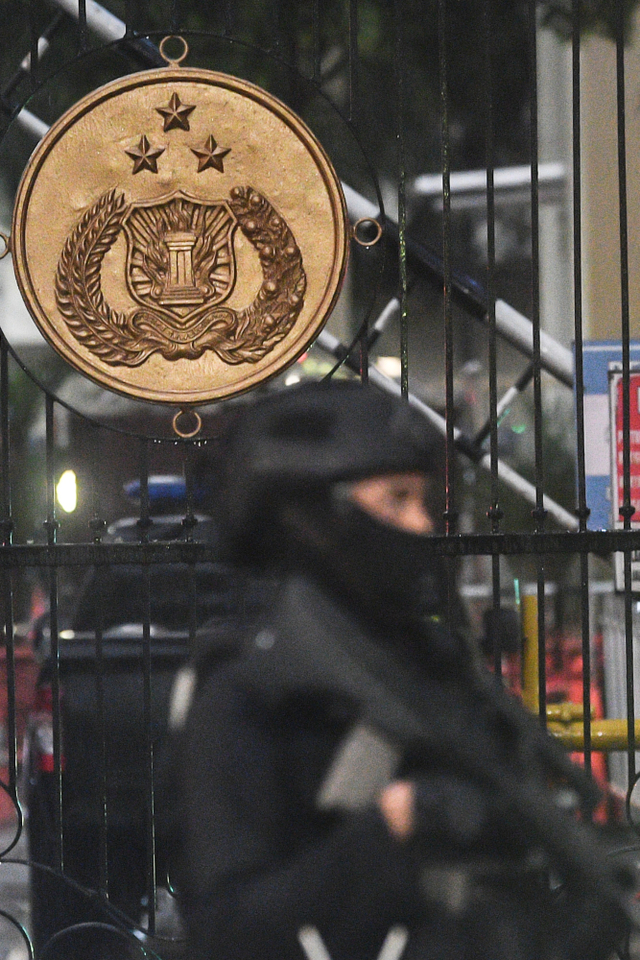The attack on the National Police Headquarters on March 31 was described by security forces and the mass media as a “lone wolf” act. However, based on police investigations, prosecutors’ indictments, and judges’ verdicts in past terrorism cases, incidents initially labeled as “lone wolf” have in fact not been carried out alone. Moreover, the use of this term has begun to be abandoned in counterterrorism policy practices, as it is considered to glorify acts of terrorism.
Executive Director of the Policy and Regulatory Institute (PRI), Arisakti “Rico” Prihatwono, explained that “lone wolf” is actually a term from zoology used to describe the phenomenon of a wolf living alone, which contrasts with the general nature of the animal that usually lives in packs.

The term was later adopted in security studies to describe acts of terrorism carried out alone, without networks or a clear chain of command. Based on the generally accepted global definition, those referred to as “lone wolves” have several criteria. First, they act individually without partners. Second, they are not members of or affiliated with terrorist organizations. Third, they operate without a chain of command or the influence of a leader. Fourth, they plan their agendas and terrorist attacks independently. Fifth, they undergo their own process of radicalization.

Referring to that definition, and based on police investigations, prosecutors’ indictments, as well as judges’ verdicts in previous terrorism cases, incidents that were initially labeled as ‘lone wolf’ have later been proven to be part of certain terrorist cells or networks,” Rico said in a written statement on Monday (April 5)
Lone Wolf Turns Out Not to Act Alone
A terrorism case that was initially believed to have been committed by a “lone wolf” but later proven otherwise can be seen in the case of RM, the suicide bomber at the Medan Police Headquarters (Mapolrestabes Medan), North Sumatra, on November 13, 2019. Police at first described RM as a sole actor and a “lone wolf.” In fact, he neither operated nor planned the attack on his own.
Based on the 2020 ruling of the East Jakarta District Court against several terrorism convicts arrested in late 2019 and early the following year, RM was proven not to have acted alone and was even linked to a network affiliated with Jamaah Ansharut Daulah (JAD) Sumatra. He was found to have been recruited by the terrorist network, and the explosives he used were supplied by other members of that network.

Likewise, RA — the perpetrator of the bombing at the Kartasura police post in Central Java on June 3, 2019 — was initially described as a “lone wolf” but was later found not to have acted alone. Although he was not affiliated with JAD or any other major terrorist group, police investigations subsequently uncovered two people suspected of assisting in assembling the bomb used by RA. One was arrested in Lampung and another in Sukoharjo, roughly a week after the attack.
According to Rico, in-depth investigations have shown that cases initially labeled “lone wolf” were later found not to be solitary acts but rather part of specific terrorist cells or networks. He therefore urged the police and the mass media not to rush to label the shooting at the National Police Headquarters as a “lone wolf.”
“The public’s questions about irregularities in the shooting at the National Police Headquarters must be answered with a thorough and transparent investigation, not by labeling it with an outdated term that has been abandoned,” he said.
The term is considered outdated because, according to international best practices, policymakers and the mass media have begun to move away from using “lone wolf.” Referring to perpetrators as “wolves” is viewed as potentially heroic, legitimizing, and glorifying acts of terrorism. The preferred term now is “lone actor.” “But of course, before labeling someone a ‘lone actor,’ a thorough and transparent investigation of the incident must be carried out,” Rico added.


